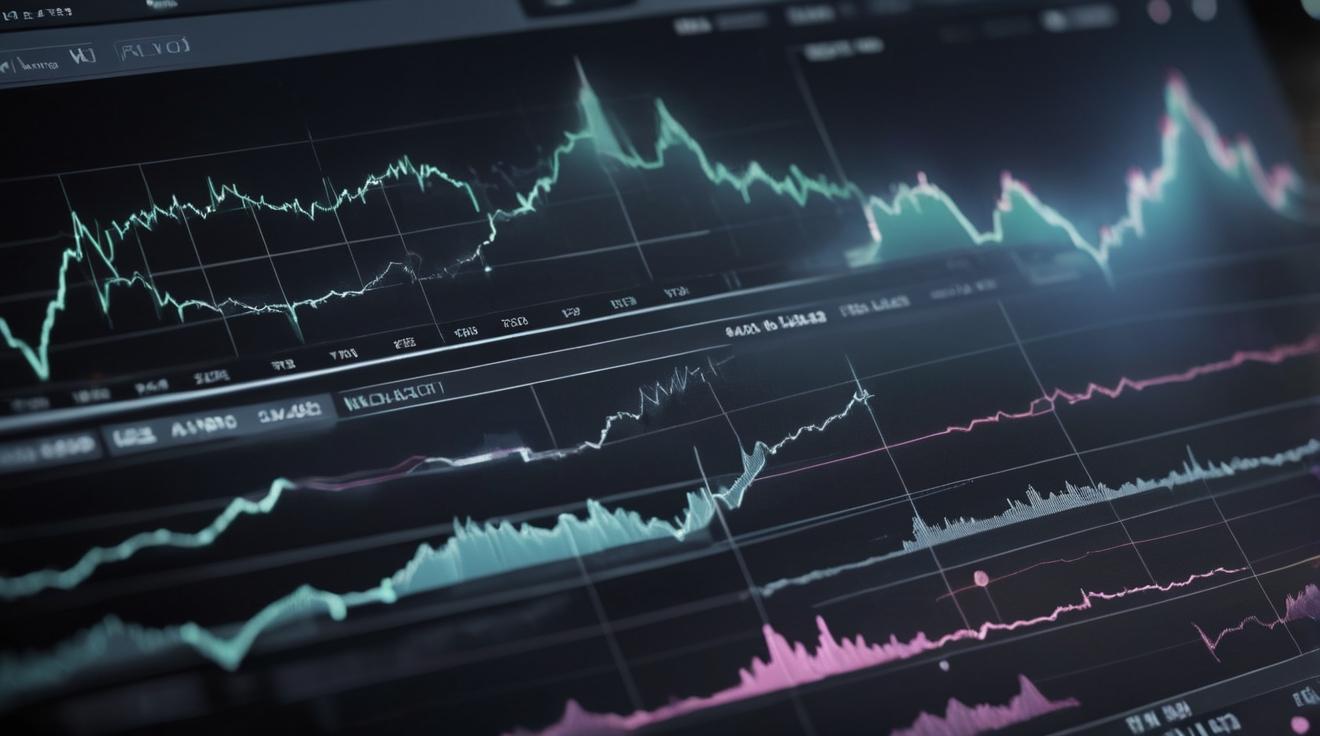Global Stock Markets Await Federal Reserve's Decision
Global stock markets presented a mixed performance as investors keenly awaited the anticipated interest rate adjustment by the U.S. Federal Reserve, marking the first potential rate cut in over four years. The current rate has remained between 5.25% and 5.50% for more than a year, reflecting the Fed's ongoing efforts to manage economic growth and inflation.
European Markets Show Slight Decline
In early trading, France's CAC 40 fell by 0.2% to 7,474.92, while Germany's DAX experienced a marginal decrease of less than 0.1% to 18,723.53. Britain's FTSE 100 saw a more noticeable decline, shedding 0.5% to settle at 8,268.29. In contrast, the futures for major U.S. indices like the Dow Jones Industrial Average and the S&P 500 indicated slight increases, suggesting cautious optimism among investors.
Central Banks' Meetings in Focus
Apart from the Federal Reserve, both the Bank of Japan and the Bank of England are set to hold monetary policy meetings this week. While no immediate changes to their policies are expected, the guidance provided by officials could significantly influence future market movements.
Asian Markets Advance Slightly
Asian stock markets showed modest gains. Japan’s Nikkei 225 increased by 0.5% to 36,380.17. Meanwhile, Australia’s S&P/ASX 200 remained nearly unchanged, edging up less than 0.1% to 8,142.10. South Korea’s Kospi added 0.1% to 2,575.41. Notably, trading was closed in Hong Kong due to a national holiday.
U.S. Federal Reserve's Rate Cut Anticipation
The upcoming announcement from the Federal Reserve is pivotal, with a dominant expectation on Wall Street for a rate cut aimed at boosting a slowing economy. The high borrowing costs, impacting sectors from housing to corporate debt, have been partly responsible for the sluggish economic pace.
Japan's Trade and Currency Developments
Japan reported a trade deficit of 695 billion yen ($4.9 billion) in August, marking a second consecutive month of deficit. Exports rose by 5.6% to 8.4 trillion yen ($59 billion), driven by shipments to Asia, although exports to the U.S. declined. Imports grew by 2.3% to 9.1 trillion yen ($64 billion), with notable increases in pharmaceutical imports from Europe. The yen’s recent appreciation against the U.S. dollar has enhanced Japan's purchasing power.
Currency and Energy Market Movements
The dollar experienced a slight depreciation, trading at 141.81 yen compared to the previous 142.34 yen. The euro edged up to $1.1131 from $1.1117. In energy, benchmark U.S. crude fell by 86 cents to $70.33 a barrel, while Brent crude decreased by 82 cents to $72.88 a barrel.
In this environment of economic uncertainty, all eyes remain on the Federal Reserve's decision and its broader implications for global markets and economic policy.













